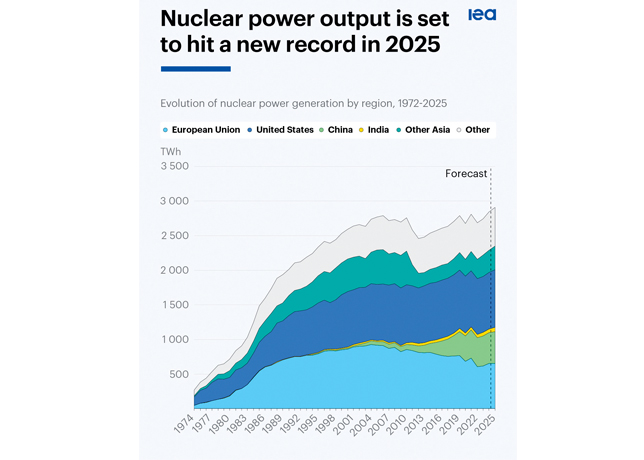
 Oil market coverage has declined due to rising non-OECD demand. Credit: Sizsus Art/ Shutterstock
Oil market coverage has declined due to rising non-OECD demand. Credit: Sizsus Art/ Shutterstock
HE International Energy Forum (IEF) has called for greater oil data transparency from non-OECD nations to improve global oil market stability, at a meeting of the IEF Executive Board.
The IEF, which coordinates the Joint Organisations Data Initiative (JODI), plays a crucial role in promoting global energy data transparency through its producer-consumer dialogue.
However, the proportion of the world market covered by this data has decreased over the last 20 years due to growing demand in countries outside the Organisation for Economic Cooperation and Development (OECD), according to a new IEF report. This has created an information gap in emerging markets in Asia, Africa, and South America.
"Stronger and broad high-level political support is urgently needed for greater energy data transparency, especially in non-OECD nations, to stabilise markets and allow producers and consumers to stay ahead of the geoeconomic shifts unfolding in a new and uncertain risk environment," said Joseph McMonigle, former IEF Secretary General.
Oil inventories are crucial for energy security, market stability, and risk management, especially during crises and geoeconomic shifts.
The IEF, founded in 1991, one of the largest organisation of energy ministers globally, with 72 member countries.
More complete and granular data enables consumers, producers, and traders to better inform price discovery, support risk management operations, and enhance stability.
The IEF believes that addressing these data gaps requires stronger engagement by IEF governments and enhanced collaboration among JODI partner organisations.
"There is no other platform than the IEF for producers and consumers to collaborate on improving energy market data transparency and we call on all countries to strengthen their reporting to the JODI network and ensure it continues to be the global benchmark for official, readily available, free and complete energy market data," McMonigle said.
Aspirations to transition away from fossil fuels make official oil inventory data even more relevant to policymakers, investors, and risk managers to maintain investment levels and protect consumers from price shocks caused by information gaps or inadequate inventory cover.




















































































